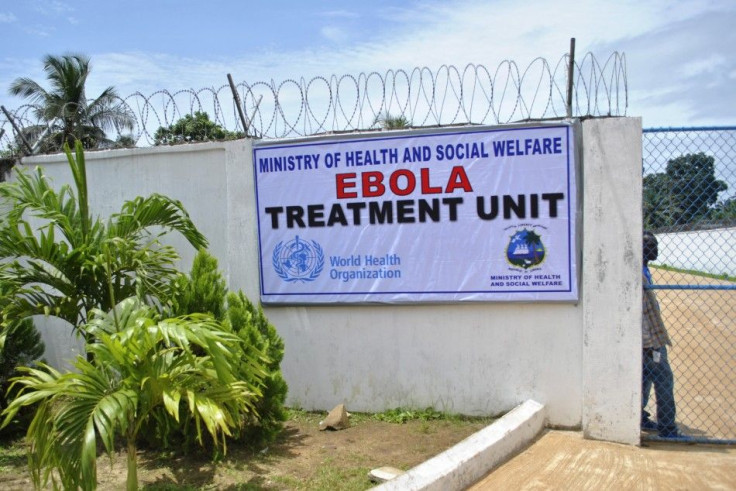Ebola Update: Liberia & Sierra Leone Could Be Totally Overwhelmed, CDC Forecasts Infections to Hit 1.4M By Jan 2015

A new report released by the U.S. Centers for Disease Control on Tuesday warned that the west African nations of Liberia & Sierra Leone could become overwhelmed by the rampaging Ebola epidemic. The CDC predicted cases in the region could hit over a million by late January 2015. Models suggested that in a worst case scenario, Liberia and Sierra Leone could have 21,000 cases of Ebola by Sept. 30 and 1.4 million cases by Jan. 20.
Tom Frieden, CDC Director, acknowledged the growing international assistance to help fight the outbreak. However, he said that until these are sustained, whatever efforts initially implemented would go to waste and could potentially ruin the opportunity to stop the deadly disease.
"A surge (of global support) now can break the back of the epidemic, but delay is extremely costly in terms of lives and effort," Frieden said Tuesday in a conference call with reporters. "Even in dire scenarios, if we move fast enough, we can turn it around."
CDC based its analysis and projections on a mathematical model, wherein researchers can test how different actions affect the course of the epidemic. Called "Ebola Response," it advocated that "cases will decline about as rapidly as they had increased" if 70 percent of Ebola patients are in treatment facilities or receiving proper care.
The CDC report assumed that if roughly 70 percent of patients were in an Ebola treatment facility or in a home-based or community setting where the appropriate measures are in place to stop the spread of the disease by late December, "then the epidemic in both countries could be nearly over by January 20, 2015."
Liberia and Sierra Leone are two of the three worst affected countries in west Africa. The other is Guinea, where the epidemic started.
Christopher Dye of the World Health Organization in Geneva said the global nations all have to pitch in to stop the menace and its exponential growth, otherwise "we'll have not a few thousand cases but probably tens of thousands of cases."
Frieden said it is of utmost importance that global experts work together and quickly to combat the Ebola outbreak. "For each day that we're not effectively isolating people, not only are people potentially dying and potentially infecting others, but the job of stopping the outbreak, of turning it around, gets much bigger and much, much more difficult," he said.





















